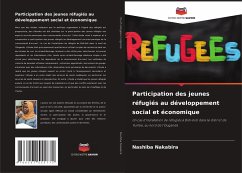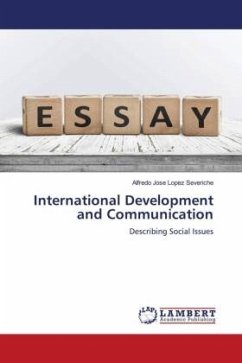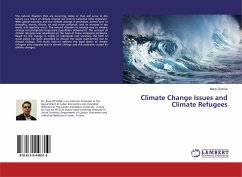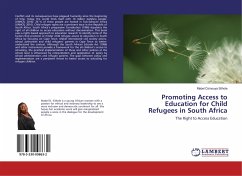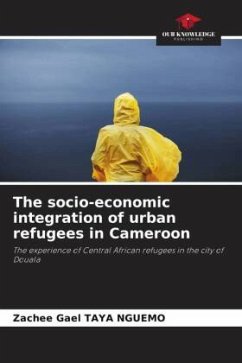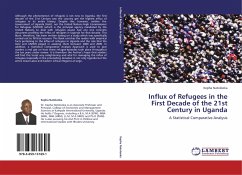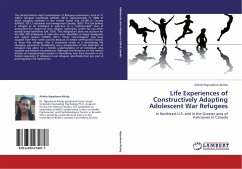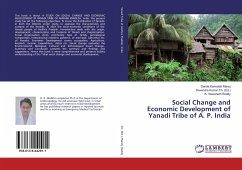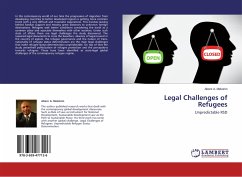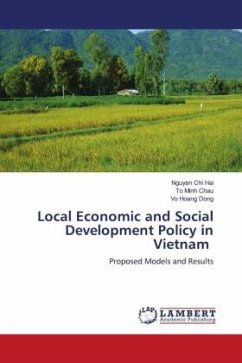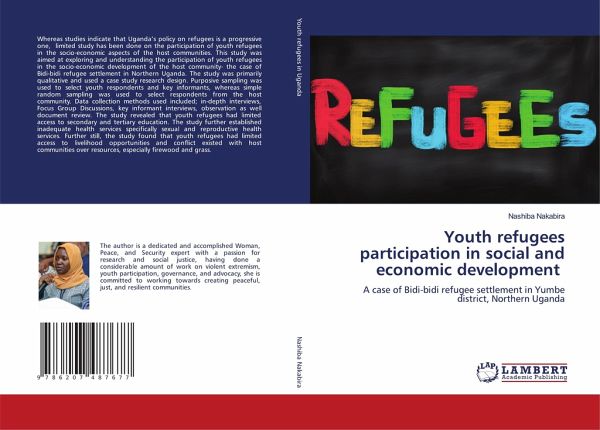
Youth refugees participation in social and economic development
A case of Bidi-bidi refugee settlement in Yumbe district, Northern Uganda
Versandkostenfrei!
Versandfertig in 6-10 Tagen
53,99 €
inkl. MwSt.

PAYBACK Punkte
27 °P sammeln!
Whereas studies indicate that Uganda's policy on refugees is a progressive one, limited study has been done on the participation of youth refugees in the socio-economic aspects of the host communities. This study was aimed at exploring and understanding the participation of youth refugees in the socio-economic development of the host community- the case of Bidi-bidi refugee settlement in Northern Uganda. The study was primarily qualitative and used a case study research design. Purposive sampling was used to select youth respondents and key informants, whereas simple random sampling was used t...
Whereas studies indicate that Uganda's policy on refugees is a progressive one, limited study has been done on the participation of youth refugees in the socio-economic aspects of the host communities. This study was aimed at exploring and understanding the participation of youth refugees in the socio-economic development of the host community- the case of Bidi-bidi refugee settlement in Northern Uganda. The study was primarily qualitative and used a case study research design. Purposive sampling was used to select youth respondents and key informants, whereas simple random sampling was used to select respondents from the host community. Data collection methods used included; in-depth interviews, Focus Group Discussions, key informant interviews, observation as well document review. The study revealed that youth refugees had limited access to secondary and tertiary education. The study further established inadequate health services specifically sexual and reproductive health services. Further still, the study found that youth refugees had limited access to livelihood opportunities and conflict existed with host communities over resources, especially firewood and grass.



